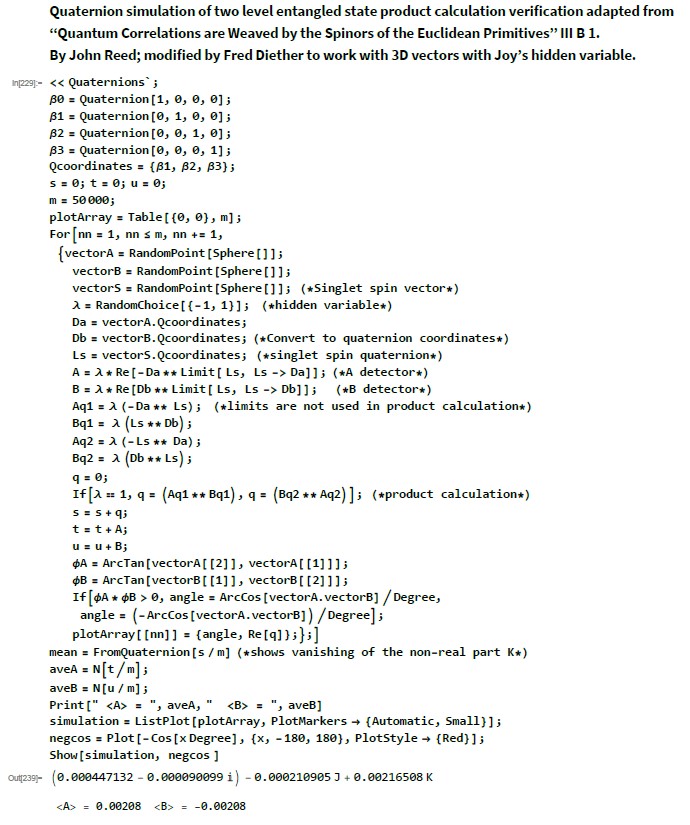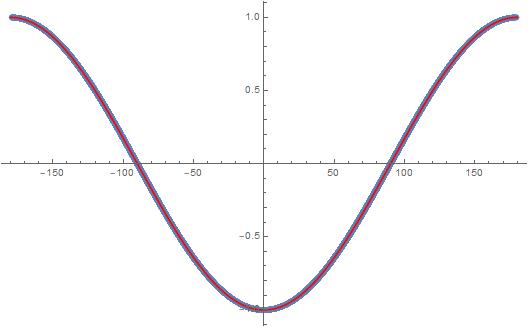What if Bell were wrong?
Bell stated this theorem in his own words: “In a theory in which parameters are added to quantum mechanics to determine the results of individual measurements, without changing the statistical predictions, there must be a mechanism whereby the setting of one measuring device can influence the reading of another instrument, however remote. Moreover, the signal involved must propagate instantaneously, so that such a theory could not be Lorentz invariant.”
In other words, for us, nature is not local, because a local explanation is impossible.
If Bell’s theorem were refuted, we can no longer conclude that nature is non-local. Then, some conclusions can be drawn:
1. Measured values are not generated upon measurement, they already exist beforehand. Otherwise, a strong correlation between the outcomes of measurements at different sides would demand non-local effects.
2. The concept of superposition, which implies the simultaneous existence of incompatible physical states, is in question. If measured values exist beforehand, mutually exclusive values cannot exist simultaneously.
3. This supports Einstein's view of the meaning of the wave function as a description of an ensemble. Thus, quantum mechanics does not violate the principle of causality; at least for spin measurements.
As a consequence, the concept of a quantum computer also comes into question, as it relies upon the assumption that a quantum system bears simultaneous information about two mutually exclusive outcomes. If this assumption is no longer tenable, the diversity of the solution of a quantum computer is considerably restricted.
Are there other consequences?
In other words, for us, nature is not local, because a local explanation is impossible.
If Bell’s theorem were refuted, we can no longer conclude that nature is non-local. Then, some conclusions can be drawn:
1. Measured values are not generated upon measurement, they already exist beforehand. Otherwise, a strong correlation between the outcomes of measurements at different sides would demand non-local effects.
2. The concept of superposition, which implies the simultaneous existence of incompatible physical states, is in question. If measured values exist beforehand, mutually exclusive values cannot exist simultaneously.
3. This supports Einstein's view of the meaning of the wave function as a description of an ensemble. Thus, quantum mechanics does not violate the principle of causality; at least for spin measurements.
As a consequence, the concept of a quantum computer also comes into question, as it relies upon the assumption that a quantum system bears simultaneous information about two mutually exclusive outcomes. If this assumption is no longer tenable, the diversity of the solution of a quantum computer is considerably restricted.
Are there other consequences?

